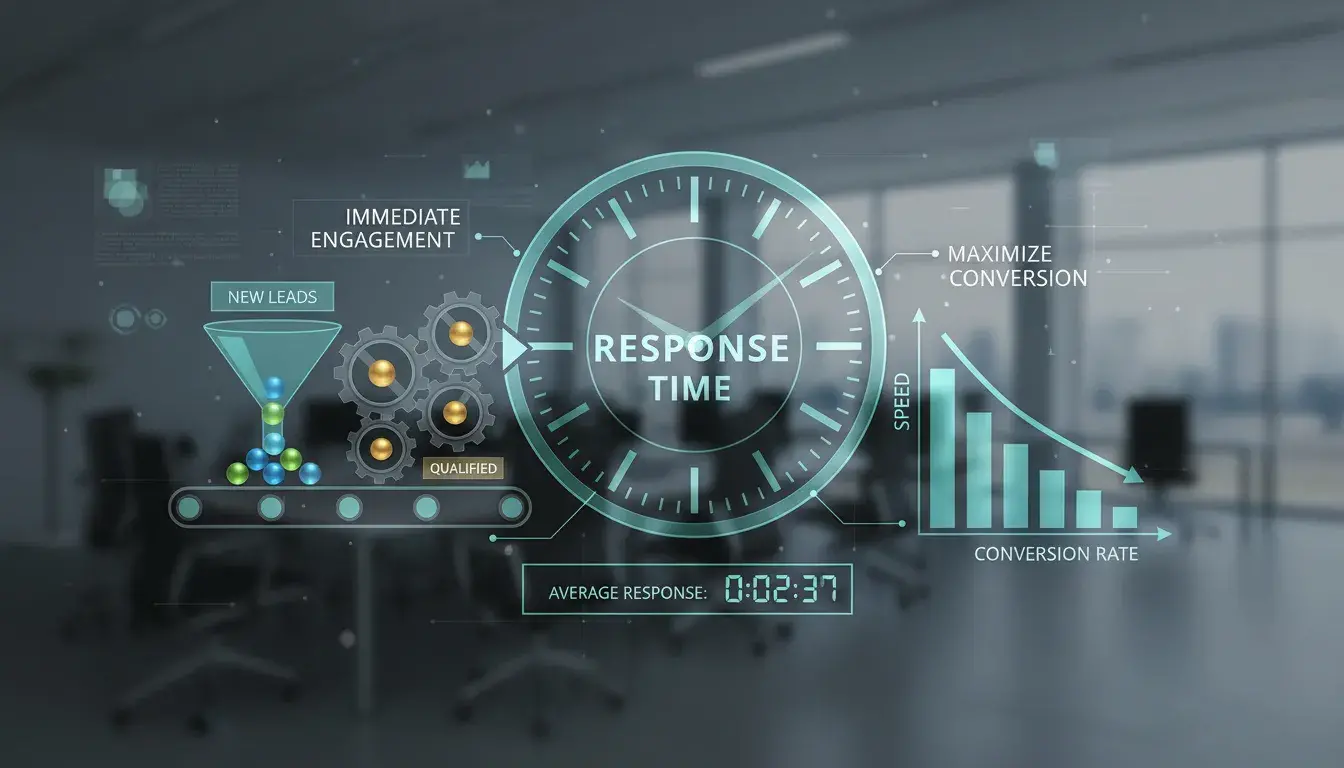Virtual Assistants in Research: Streamlining Data Collection and Analysis
For first class professional & administrative support for your business

Professional virtual assistants are transforming academic and scientific research by providing remote support for crucial administrative and organisational tasks.
This comprehensive overview examines how these skilled professionals enhance research efficiency and accelerate project completion through specialised research support services.
Understanding Research Virtual Assistants
Research virtual assistants (RVAs) are professional remote workers with expertise in academic processes and research methodologies. Many hold advanced degrees and bring valuable experience in academic or scientific fields. Unlike computerised tools, these human professionals offer adaptable support, critical thinking, and nuanced understanding of research contexts.
Key Support Services
Literature Review Support
Database Navigation: Virtual assistants skilled in academic databases can conduct preliminary searches across platforms like JSTOR, PubMed, and Google Scholar.
Reference Organisation: RVAs maintain organised reference libraries using tools like Zotero or Mendeley.
Article Procurement: Assistants can obtain necessary papers through institutional access and organise them for researcher review.
Reference Organisation: RVAs maintain organised reference libraries using tools like Zotero or Mendeley.
Article Procurement: Assistants can obtain necessary papers through institutional access and organise them for researcher review.
Data Collection Management
Survey Administration: VAs can manage participant communications, track responses, and maintain organised data logs.
Data Entry and Verification: Assistants accurately transfer data from various sources into research databases.
Document Preparation: VAs format research documents according to institutional or publication requirements.
Data Entry and Verification: Assistants accurately transfer data from various sources into research databases.
Document Preparation: VAs format research documents according to institutional or publication requirements.
Research Project Coordination
Timeline Management: Assistants track project milestones and deadlines.
Communication Support: VAs coordinate with research participants, institutions, and team members.
Documentation Organisation: Maintaining organised files of research materials, consent forms, and protocols.
Communication Support: VAs coordinate with research participants, institutions, and team members.
Documentation Organisation: Maintaining organised files of research materials, consent forms, and protocols.
Measurable Benefits to Research Efficiency
Research institutions employing virtual assistants report significant improvements in project efficiency:
- 25-30% reduction in time spent on administrative tasks
- 35% improvement in document organisation and retrieval
- 40% faster participant recruitment and management
- Reduced researcher burnout through better work distribution
Best Practices for Working with Research Virtual Assistants
Integration Strategies
- Clear Role Definition: Establish specific responsibilities and boundaries
- Communication Protocols: Set up regular check-ins and reporting structures
- Quality Control Measures: Implement verification processes for critical tasks
- Security Training: Ensure understanding of research confidentiality requirements
Effective Delegation
- Provide detailed standard operating procedures
- Create clear templates for common tasks
- Establish priority levels for different activities
- Set realistic deadlines and expectations
Important Considerations
Data Security
- Train VAs in institutional security protocols
- Use secure file sharing and communication platforms
- Implement confidentiality agreements
- Regular security practice reviews
Quality Assurance
- Regular oversight of VA work
- Clear documentation requirements
- Periodic quality audits
- Training in research-specific requirements
Selecting the Right Virtual Assistant

Essential Qualifications
- Research methodology understanding
- Experience with academic databases
- Proficiency in reference management software
- Strong organisational skills
- Attention to detail
- Academic writing capability
Important Skills
- Project management expertise
- Communication proficiency
- Time management ability
- Problem-solving capabilities
Cost-Benefit Analysis
Investment Considerations
- Hourly rates versus project-based pricing
- Training and onboarding time
- Technology and software requirements
- Long-term productivity gains
Return on Investment
- Reduced administrative burden on researchers
- Faster project completion times
- Improved data organisation
- Enhanced research team productivity
Best Practices for Success
Setting Up for Success:
- Detailed Onboarding: Provide comprehensive training in project-specific requirements
- Clear Workflows: Establish step-by-step processes for common tasks
- Regular Feedback: Schedule periodic reviews and adjustments
- Technology Integration: Ensure VAs have access to necessary tools and platforms
Future of Research Virtual Assistance
The field continues to evolve with:
- Increasing specialisation in specific research areas
- Enhanced remote collaboration capabilities
- Integration of project management tools
- Growing pools of qualified assistants with research experience
In conclusion…
Virtual assistants provide invaluable support to research projects through their ability to handle complex tasks while understanding the nuances of academic work. Their contribution allows researchers to focus on core scientific activities while ensuring administrative and organisational aspects receive professional attention. As research becomes increasingly complex and collaborative, the role of skilled virtual assistants will continue to grow in importance.
Our most recent posts
Virtual PA Services offers a wealth of useful information related to its services. We have prepared several articles that might help you to make the right decision when it comes to hiring a Virtual PA.

How Virtual PA Support Can Transform HVAC & Air Conditioning Businesses in Greater Manchester
The HVAC and air conditioning sector in Greater Manchester is experiencing sustained growth. Commercial development across Manchester’s business districts, stricter…

The ‘Inquiry-to-Invoice’ Audit: Is Your Admin Leaking Profit?
You may spend thousands on marketing to get the phone to ring or the inbox to ping. However, if your…

Stop Chasing Invoices: How Your Virtual PA Can Solve the UK's Late Payment Crisis for Your Small Business
The UK’s late payment crisis is not just a business inconvenience; it is a fundamental threat to the operational health…